Accountability
Moscow’s envoy claims U.S. has hundreds of secret biological research facilities worldwide
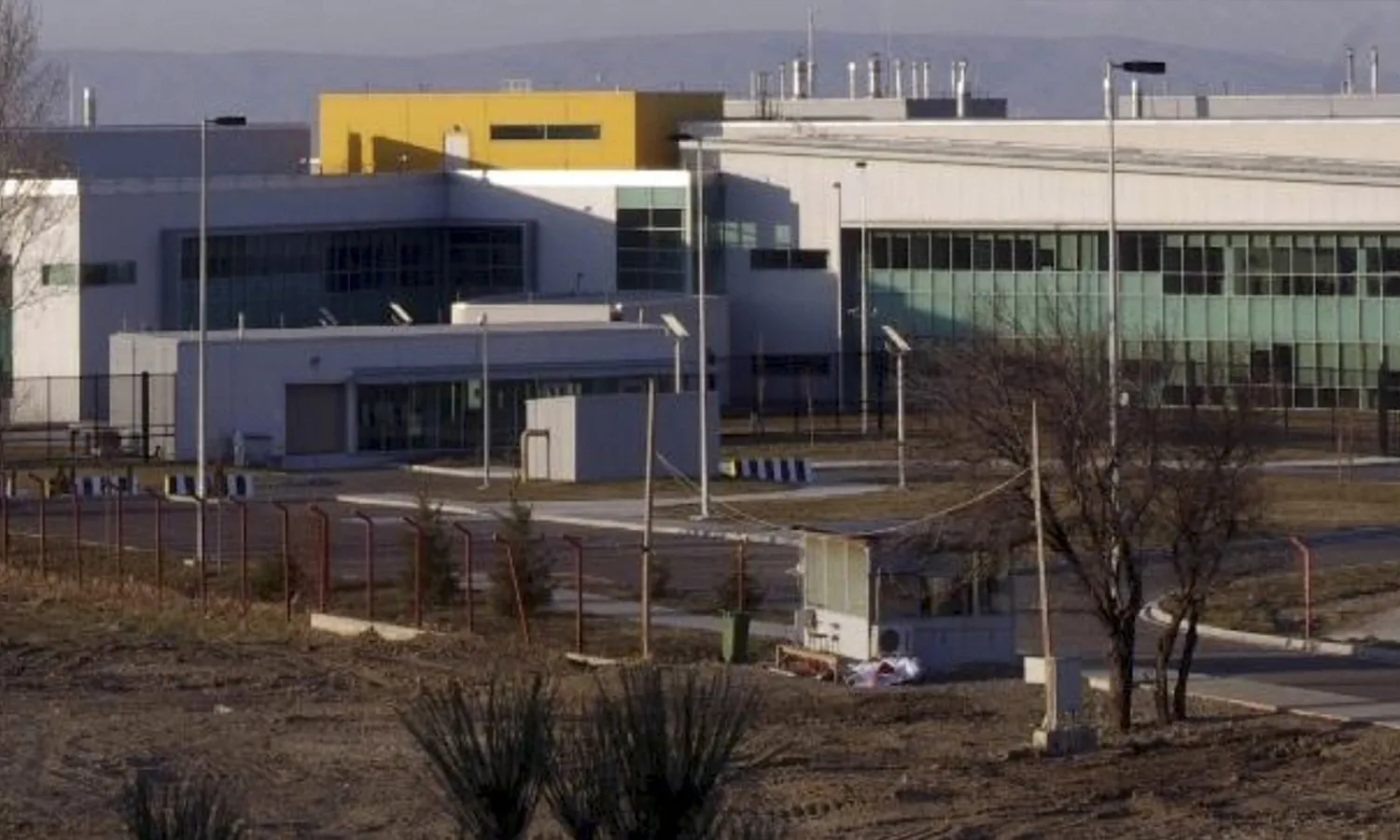
Russia’s envoy to the U.S. has reached out to Washington and requested answers over Pentagon-funded biological research facilitates which are located in Ukraine and other countries. The envoy has claimed that these sites have not met international commitments.
The inquiry has come, in spite of several denials by President Joe Biden’s administration that the U.S. had a hand in any less than legal activities in laboratories that officials say would decrease the threat of biological harm to the population, rather than instigate it.
Not long after Russia raised the issue with the United Nations (U.N.) with no success, Moscow’s ambassador in Washington, Anatoly Antonov, told Newsweek that “the risks posed by biological agents, including their falling into the wrong hands or a laboratory leakage, are on a par with nuclear and chemical proliferation.”
“Rapid scientific and technological progress increases the danger inherent in dual use research. Sensitive information on experiments aimed at creation of hybrid, more dangerous strains may well be a target of cyberattacks. Not to mention the fact that no one is immune from a human error or inadvertent release of particularly contagious pathogens into the environment,” Antonov said.
“Washington continues to implement extremely risky biological projects abroad, contradicting its own principles,” he said. “There are currently more than 50 Pentagon-supervised laboratories in close proximity to the Russian borders.”
He added, “According to the Chinese Foreign Ministry, the network controlled by the U.S. Department of Defense includes at least 336 such facilities around the world.”
He claimed that the research at these sites has “led to deterioration of epidemiological situation in the countries receiving American ‘aid’” and “is carried out under conditions of utmost secrecy.”
U.N. Linda Thomas-Greenfield’s previously addressed these concerns on Thursday during a U.N. Security Council session.
“The United States voted against this resolution because it is based on disinformation, dishonesty, bad faith, and a total lack of respect for this body,” Thomas-Greenfield said. “The Biological Weapons Convention is important. It addresses the grave threat posed by biological weapons.”
“The United States takes its responsibility seriously, and fully complies with and fulfills its obligations under the BWC,” she said. “That includes assisting partners around the world to strengthen global health security and reduce the impact of infectious diseases on their societies.”
She added that Russia had “failed to provide any credible evidence to support these false allegations” and, “despite Russia’s abuse of the process, and precisely because we respect the BWC and its provisions, the United States and Ukraine went through Russia’s allegations in Geneva, point by point, and debunked every single one.”
“Russia knows our Cooperative Threat Reduction efforts are not for military purposes. We know Russia knows this, because for nearly two decades, Russia participated in this very kind of cooperation with us, including on biological threats,” she said. “The truth is that Russia’s questions are not sincere, and Russia is not interested in our answers.”
However, Antonov accused the UN of deflecting Russia’s line of questioning.
“The collective West has followed the beaten track of accusing Russia of misinformation and distracting the international community from discussing more important issues,” Antonov said. “The logic of such a nervous reaction of the U.S. colleagues is clear: In the absence of reliable counterarguments, it is easier to distort mirror images, especially when you know that obedient allies will not let you down.”
Terry A. Hurlbut has been a student of politics, philosophy, and science for more than 35 years. He is a graduate of Yale College and has served as a physician-level laboratory administrator in a 250-bed community hospital. He also is a serious student of the Bible, is conversant in its two primary original languages, and has followed the creation-science movement closely since 1993.
-
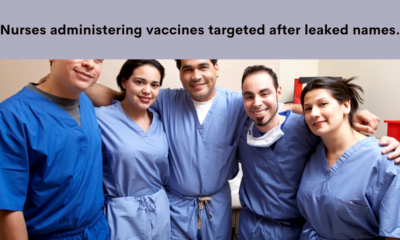
 Executive4 days ago
Executive4 days agoThe Hunters Have Now Become The Hunted: Their Cruelties Are Swelling The Ranks Of The People Worldwide!
-
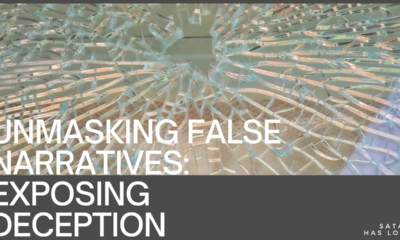
 Clergy3 days ago
Clergy3 days agoWhy Do The American People Let The Corrupt Media & Politicians Set The Propaganda Narrative – Speak On Their Behalf
-
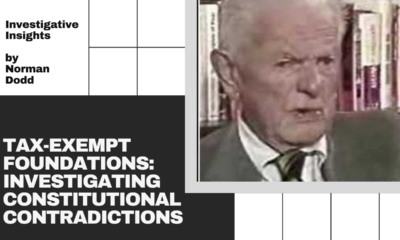
 Constitution4 days ago
Constitution4 days agoCHAPTER 9: Norman Dodd Interview Space Is No Longer the Final Frontier––Reality Is [upcoming release April 2024]
-
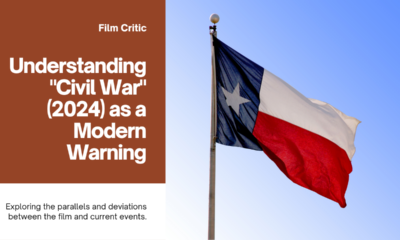
 Entertainment Today4 days ago
Entertainment Today4 days agoCivil War (2024) – an incomplete prediction
-
![CHAPTER 10: Objective Reality Is Required for a Free Society Space Is No Longer the Final Frontier—Reality Is [upcoming release May 2024]](https://cnav.news/wp-content/uploads/2024/04/Objective-reality-v-acceptance-400x240.png)
![CHAPTER 10: Objective Reality Is Required for a Free Society Space Is No Longer the Final Frontier—Reality Is [upcoming release May 2024]](https://cnav.news/wp-content/uploads/2024/04/Objective-reality-v-acceptance-80x80.png) Education3 days ago
Education3 days agoCHAPTER 10: Objective Reality Is Required for a Free Society Space Is No Longer the Final Frontier—Reality Is [upcoming release May 2024]
-
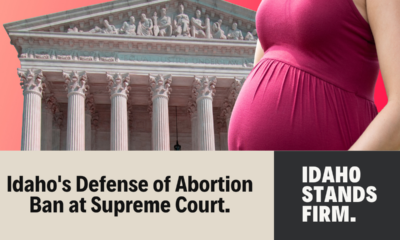
 Human Interest3 days ago
Human Interest3 days agoIdaho prepares to defend its abortion ban
-

 Civilization2 days ago
Civilization2 days agoEarth Day Should Celebrate U.S. Progress & Innovation
-

 Education2 days ago
Education2 days agoThe Intifada Comes to America. Now What?


